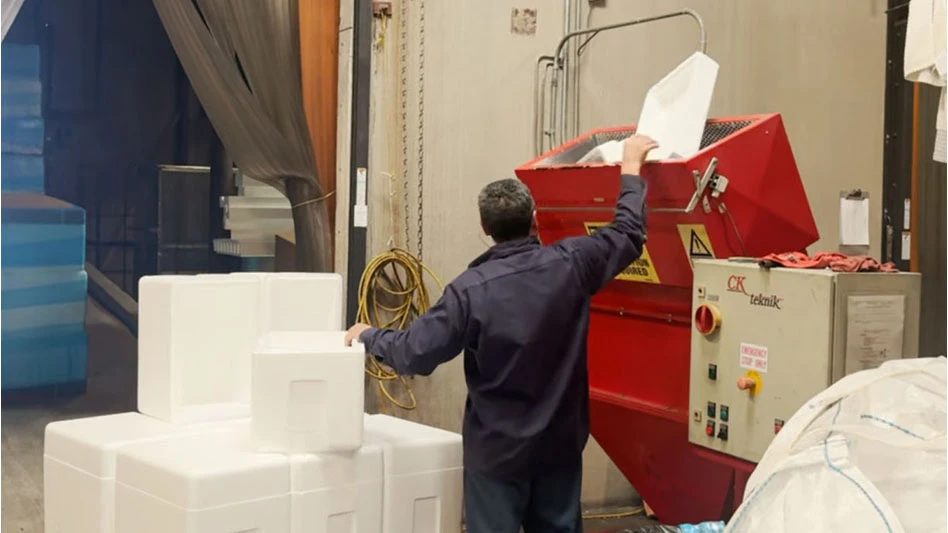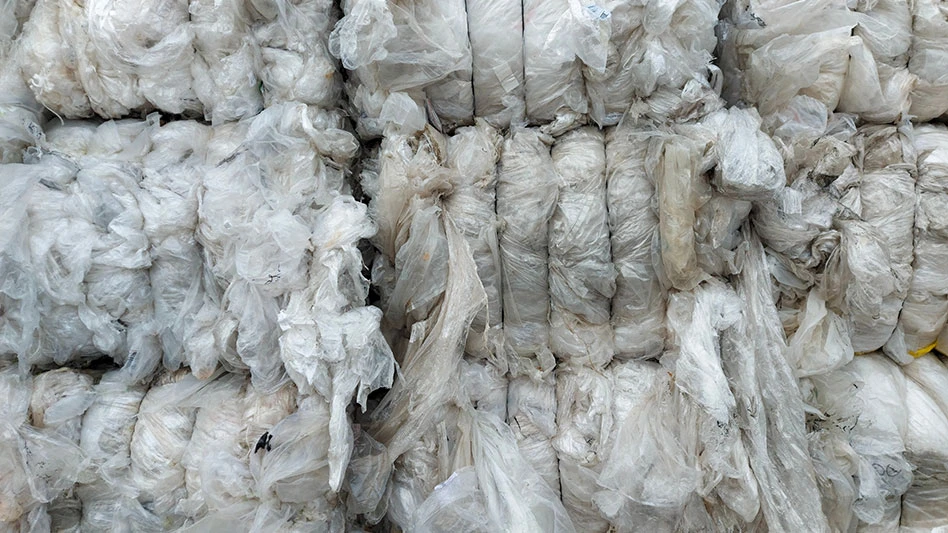
Quality Stock Arts | stock.adobe.com
Reconomy, a London-based circular economy specialist, has launched its Textile Extended Producer Responsibility (EPR) Impact Assessment service designed to help producers prepare for the rapidly evolving landscape of textile regulations across the European Union.
According to Reconomy, the service will provide producers with a report that will help them track upcoming EPR regulations across the globe and identify obligations across markets. It will also estimate compliance costs based on market data and use a checklist to reduce risk and ensure compliance.
While the EU's EPR mandate for textiles is set to take effect in 2027, several member states, including France, the Netherlands, Hungary and Latvia, already have implemented their own schemes, with other countries expected to follow suit sooner. Early action helps get ahead of the curve, forecast EPR costs and begin adapting product design and material choices that can lower carbon emissions and compliance costs.
Textile EPR is part of a broader shift to a more sustainable and circular fashion industry. Historically, the sector is one of the world’s most resource-intensive industries generating significant volumes of waste and emissions. EPR will shift responsibility onto producers for the full life cycle of the materials they place on the market, aiming to drive greater circularity and accountability.
This new service builds on Reconomy’s expertise in EPR compliance, managing more than 40 producer responsibility organizations (PROs) across 15 countries. Through Reconomy brand Valpak, the company says it also has built the United Kingdom’s largest packaging and product database that helps global producers report and manage their EPR requirements while also showing how small design changes can have an outsized impact on reducing compliance costs and lowering carbon footprints.
“We are excited to be launching this new service that builds on our existing market-leading capabilities to give producers much needed clarity and confidence as they prepare for the most transformative piece of legislation facing the fashion sector," says Lavi Aharon, director of textile program and business development.
“With our long-standing relationships with regulators, policy makers and industry bodies, Reconomy is actively involved in shaping the future of EPR and is well placed to help producers navigate these changes, identify cost savings and drive greater circularity across the industry.”
Latest from Recycling Today
- You have production scrap, WEIMA machinery processes it where it’s made
- CP Group, Cisek Inspections forge innovative X‑ray recycling alliance
- Regroup, CP Group unite for cutting-edge Halifax MRF
- Modern MRFs: AI, automation and safety, redefining recycling operations
- CalRecycle opens comment period on proposed SB 54 revisions
- 2026 Circular Steel Summit: Taking stock of tariffs
- CDRA Conference & Tradeshow 2026: Addressing battery fire risks
- Darda equipment now available in North America





